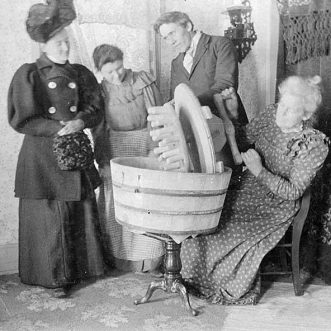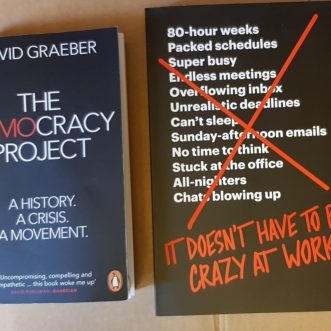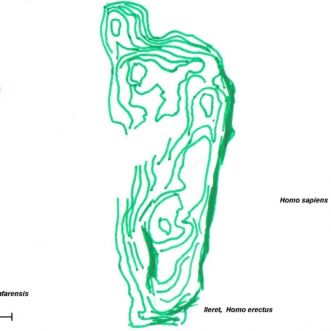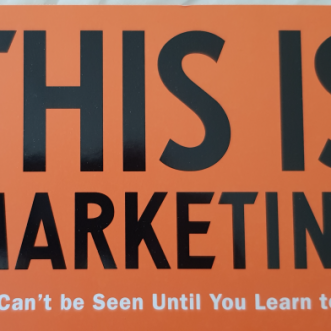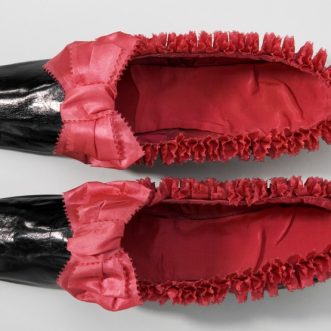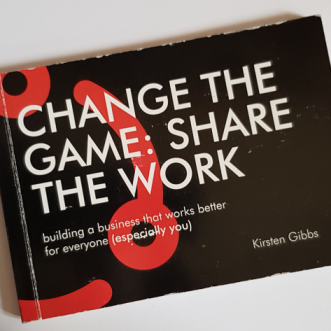February 26, 2020
One of the best things you can do to make your business work better is to decide who you are for. It’s also one of the hardest.
When we start a business, the need to bring money in means we put off even thinking about this, and because it’s hard, we perhaps never get to think about it.
That’s a mistake. Even when you offer a universal product or service, you are not for everyone. One because you can’t possibly reach everyone, two because you have your own unique way of doing things that won’t appeal to everyone.
So it’s a good idea to think about who you are for as early as possible. How do you do that?
Well, start by thinking about who you are. What makes you tick? What are your personal values? How do you like to behave? What’s your watchword? The people you will enjoy working with, and who will be attracted to work with you are the people who share your values, behaviours and the things that make you tick.
Next think about what kind of people you want to work with. By this I don’t mean what shape or colour or age, I mean character. If that’s too hard, think about who you never want to work with – flipping these negatives tells you something about the positives.
Capturing this information about yourself and the people you wish to serve, tells you what kind of people you want to work with, it tells you how you can talk to them in their language, and how they might want to be served.
Next, get clear about what you are really offering. What’s the transformation people are able to make once they’ve bought from you?
Finally, identify where you are most likely to come across the kind of people you want to work with, who are also looking for the transformation you can offer them. This is where you look at things like age, location, industry, income. Is there a particular group of people in need of what you offer? Can you easily identify this group? Is it big enough? Can you easily find them? How can they find you?
This becomes your target market. And once you know what it is, its much easier to take aim. And that makes it more likely you’ll make a hit.
